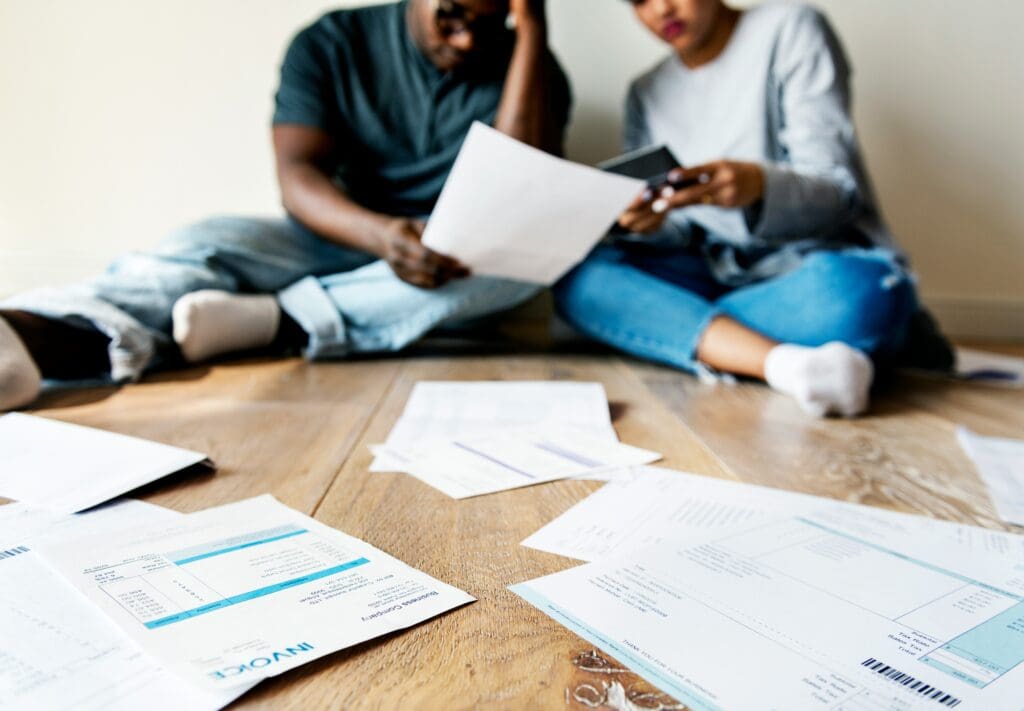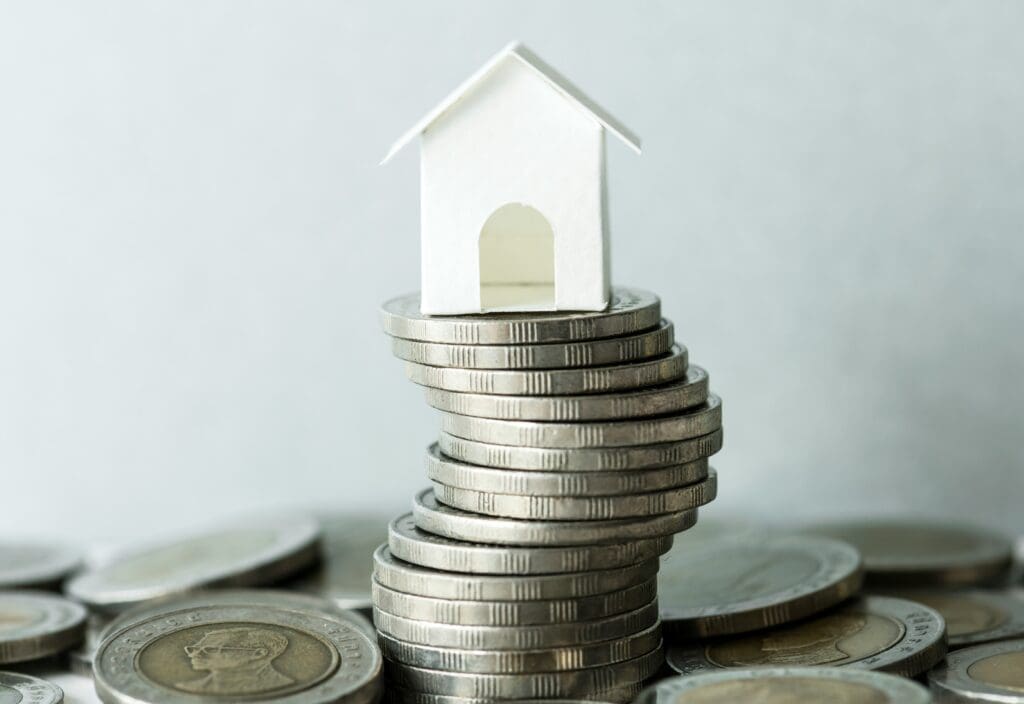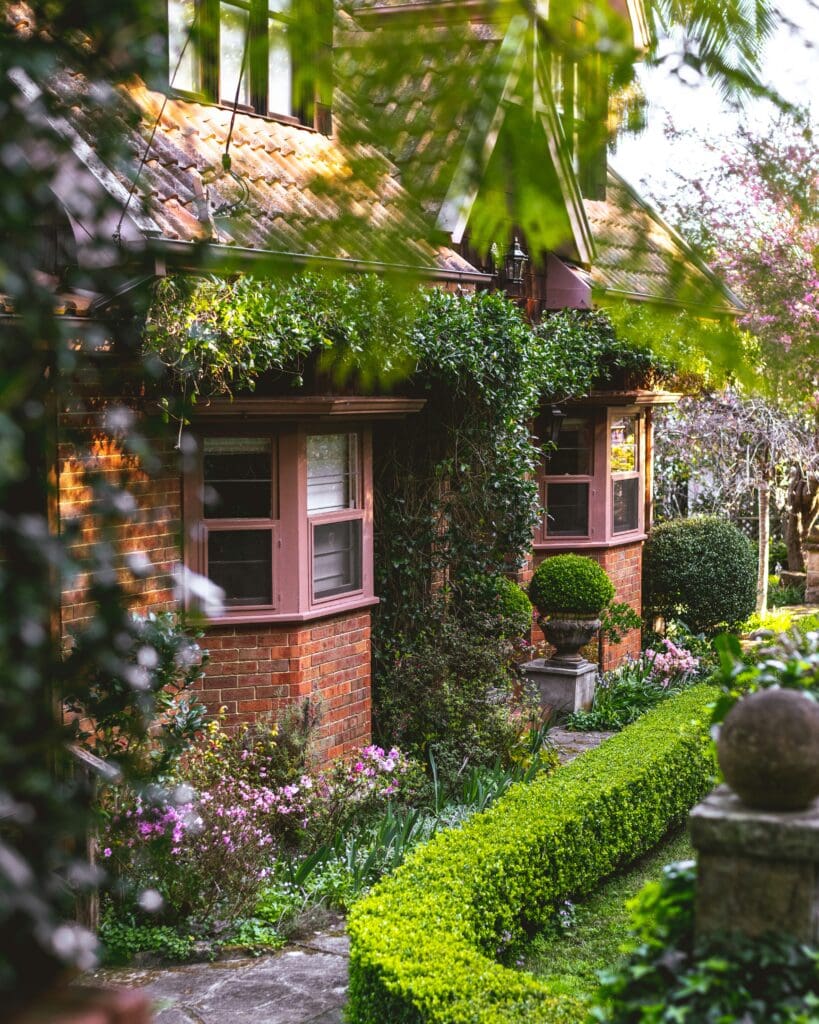How to Sell and Buy a House at the Same Time

Estimated reading time 10 minutes
Property transactions can be stressful. Whether you are buying or selling, there is a lot of work involved. And at times, you don’t even get the result your efforts warranted. What if you are trying to both sell and buy at the same time though? Double the work? Double the stress? Not quite. Most people involved in a property transaction are doing the same thing. So, whilst there may be bumps in the road, everybody is pulling in the same direction, trying to sell one property and buy another. As a result, it is in the best interest of all to make sure each step of the process is diligently followed.
The thing is, all too often, something happens where the once strong chain loses a link, and the sale or purchase of your house, and all others connected to it collapse.
So, read on to discover the correct way to go about selling and buying a house at the same time so your property chain stays connected and you can get that fast house sale you are hoping for.
Selling and buying a house at the same time
The process of selling and buying a house at the same time is much more common than you think. You just need to make sure you work through the process carefully. Ensuring each step is carried out efficiently and correctly so that all parties remain happy.
All it takes is some missing documents, an incorrect asking price, or a delay in responding to a solicitor to see someone pull out of a purchase and disrupt the entire property chain.
So, let’s break down the steps you should take if you are looking to sell your home and buy one at the same time.
Get your house valued
Start with getting a valuation of your home. Ideally, seek the opinions of a few estate agents. There are plenty of online estate agents that offer a free valuation, but you can’t always trust the algorithm to give the most accurate price for your property. By all means, use these as a guide, but book a few estate agents from the local area to give you their thoughts. You may find vast differences between them, and this could be indicative of their business model. More about this later.
How much does it cost to sell and buy a house at the same time?
Next up, you should be looking at the costs associated with selling and buying a house at the same time. Nobody said it would be cheap, so take a deep breath and start working it all out.
For selling your home, you will need to account for the solicitor fees, estate agent fees and potentially, any early repayment fees for your mortgage. For the purchase of your new home, you’ll have the solicitor fees to factor in again, but also removal costs, stamp duty, surveyor costs and any fees associated with your new mortgage.
When working out these costs, it is worth calculating what your budget for a new home may be. Look at the valuation, and what your asking price will be. Estimate what you think you will get for selling your home, and then deduct any outstanding mortgage amounts and any fees that might be payable on it. This will leave you with a rough amount, which can be used as a deposit for the next property, and help you have an idea of what kind of mortgage you may be offered for it.
As a guide, expect to pay:
- £75 for an energy performance certificate.
- Stamp duty varies can be 0% of the property purchase if the home is priced up to £250,000 and 5% for properties priced £250,001-£925,000.
- Approximately £1000 for a conveyancer (this can vary greatly so shop around).
- Early repayment fees (variable depending on how long is left on the mortgage).
- Estate agent fees for selling your house of 3-5% of the property sale value.
- Removal firm hire. This can be as little as £100 but can run into the thousands. It all depends on what you need moving and to where.
Speak to a mortgage broker
With an idea of what you can afford, you should approach a broker to see what kind of mortgage may be available to you. Remember, the mortgage you have on your existing property may be portable and could work out cheaper than getting a brand new mortgage altogether. There is no guarantee of this though. The more favourable deal might be a completely new one. Your broker will be able to advise.
Preparing documents for selling and buying a house at the same time
With an idea of the affordability of your new home, and the price you can expect your house to sell for, now would be a good time to ensure you have all your paperwork ready. You don’t want to be caught out once the viewings and offers start flooding in.
Find your Energy Performance Certificate, boiler safety certification, any warranties relating to appliances, and anything relating to gas or electrical safety. Doing this now and perhaps creating a file will be a welcome time saver when the pace of the selling and buying at the same time picks up. Then check our guide for the legal documents you need to sell your house.
Also, get your ID and any financial documents ready. When your mortgage application goes in, there will almost certainly be affordability questions asked.
Make your home ready for sale
People shop with their eyes first in many cases. Therefore, start tying up loose ends where you can. Is the kerb appeal at its best? Is there a DIY job you keep putting off? You want to present your home in its best possible light, so spend some time repairing, restoring, and rectifying any issues with the home.
Declutter where possible and allow your home to look in its best light. There is often a suggestion that you should remove all elements of personalization when hosting viewings. This isn’t always the best option. You want the house to look like a home, not a fake version of one. That being said, dirty wellies at the back door, coats thrown over the sofa and an airer piled with clothes wouldn’t endear many people to the property, Simply, tidy up, scale back the photos a little and ensure everything is clean.
Settle on an estate agent and solicitor
With valuations made, you will have a good idea of who you wish to use to sell your home. Just don’t always go for the estate agent offering the highest price. Unfortunately, some estate agents offer high but deliver low. Meaning they offer a high valuation but deliver very low-quality results. Look for the estate agent that you feel you can work with best and who offers the most realistic price for your home compared to similar properties in the area.
Also, appoint a solicitor. Some estate agents will offer the help of their solicitor or one they are associated with, but you are free to find your own.
Start your own property search
With your estate agent marketing your property, you will start moving onto the process of looking for your new home. Don’t make any offers yet though, just begin to make the tentative enquiries. An offer is much more likely to be accepted when you have an offer already made on your home.
Accept an offer on your home
Hopefully, the viewings have been flooding in, and offers are coming in at the asking price, or if you are lucky, above it. Don’t rush in and accept the first offer the moment it comes in. Do a little research and see how the chain would work if you joined it. Do the people wanting to buy have to move in quickly? Maybe they have a date in the next few months for completion? Find out as much as you can first. Then, when happy with an offer and the potential timescale, accept it. Typically, the process can take anything from 3-4 months, but it can be much longer in some cases.
This gives you plenty of time to resume your search.
Continue property searching and make an offer
With your initial browsing giving you an idea of what is available and at what prices to expect, you can now begin the process of searching and making an offer. If the seller takes the property off the market, you should now avoid getting gazumped.
Complete your mortgage application
After speaking with a broker in the past, you should now have a mortgage in principle. Now upgrade that to a mortgage offer by applying for the mortgage. With your house selling, and you having put an offer in, the lender will have much more confidence that they can lend you the money.
Get surveys and conveyancing completed on the home you want to buy
Now your home is edging closer to being sold and the new property is edging closer to being yours. Just the legal bits to work through now. Request that your conveyancer conducts the relevant searches, drafts contracts, and gets set to finalise everything. This can take a long time so sit tight.
Order a survey of the home you are planning to buy too. This will help uncover any problems that may mean you can withdraw your offer and make a lower one. If it is discovered that there is £5,000 worth of work needed on the home, go back to the seller and tell them you are changing your offer. It may not always work but it is worth investigating, especially as you will only have to spend that £5,000 on fixing the problems.
Set an exchange and completion date
With conveyancing all going well and the surveys completed, liaise with your estate agent and solicitor to set a date for everything to be completed. Nothing is legally binding until contracts are exchanged so this can be a tense moment. Will they sign? Won’t they sign?
Once contracts are signed, your solicitor will handle the transition of your deposit funds and you become a homeowner. With the chain remaining unbroken, someone will also be moving into your old house at the same time.
Finally….you are done. Your house has sold, and you have purchased a new one. It wasn’t too stressful was it? There are alternate ways to sell though that cut out the long wait and the uncertainty. Bettermove offers a rapid house sale where your home can be purchased in a timeframe that suits you. With an expert team of cash house buyers on hand, your home can be sold in as little as seven days if needed. With no fees either, you get to sell my house for free, meaning you see more of the cash from your sale rather than it being put in the hands of estate agents, solicitors or conveyancers. Want to know more? Speak to our team today.



